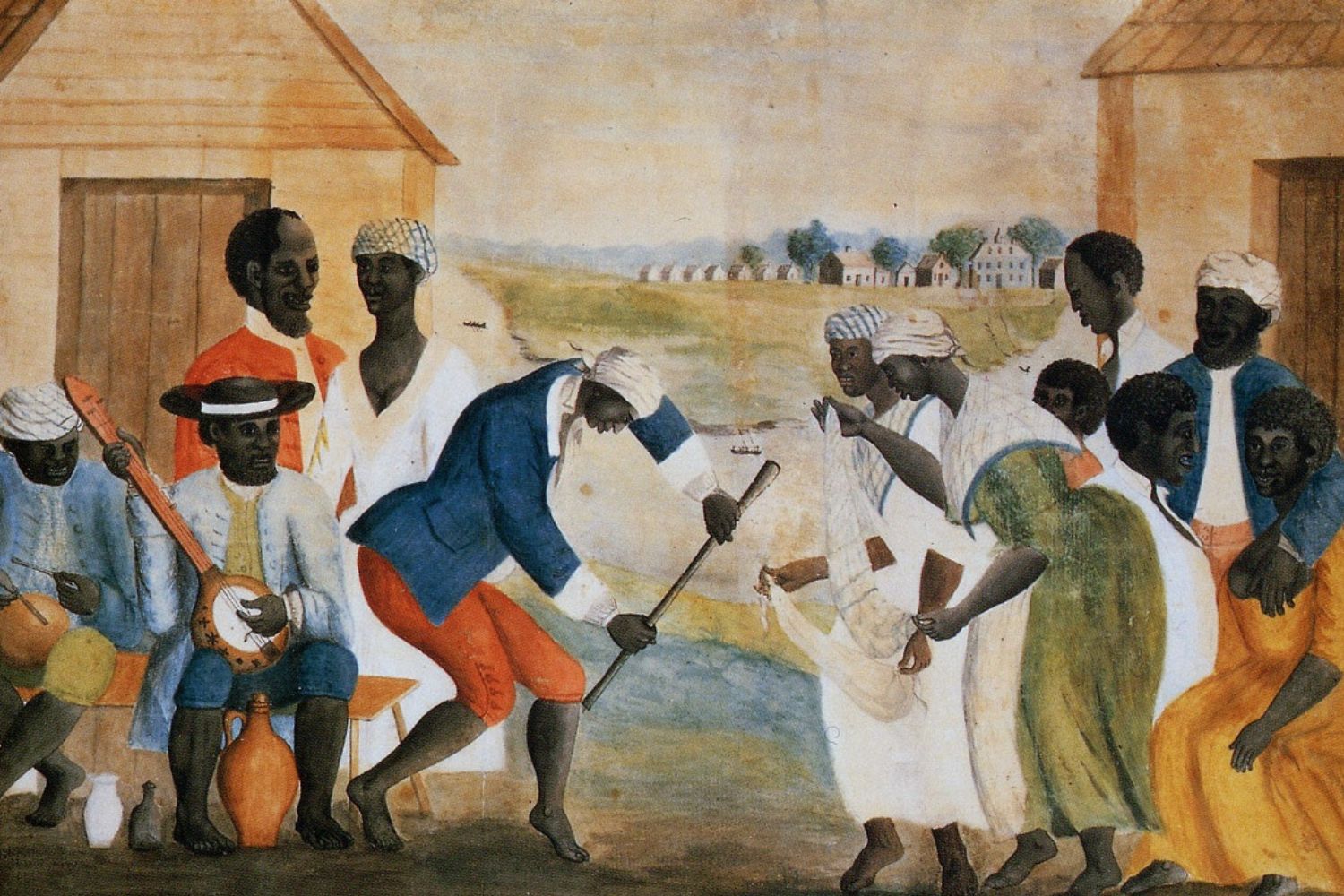
The Temne-Susu War was a significant conflict in West African history, involving the Temne and Susu people. This war, which took place in the 19th century, was driven by territorial disputes, trade control, and cultural differences. The Temne, known for their agricultural prowess, clashed with the Susu, who were expanding their influence. This conflict not only shaped the political landscape of the region but also had lasting impacts on the social and economic structures of both communities. Understanding the Temne-Susu War provides valuable insights into the dynamics of pre-colonial African societies and their resilience in the face of adversity.
Key Takeaways:
- The Temne-Susu War was a significant conflict between two West African ethnic groups over trade and resources, impacting trade routes, economy, and social relations for generations.
- European involvement in the war added complexity and facilitated later colonialism, shaping the region's history and highlighting the impact of outside influences on African affairs.
Origins of the Temne-Susu War
The Temne-Susu War, a significant conflict in West African history, involved the Temne and Susu ethnic groups. This war had profound impacts on the region's political and social landscape.
- The Temne and Susu are two prominent ethnic groups in Sierra Leone and Guinea, respectively.
- The conflict began in the late 17th century, primarily over control of trade routes and resources.
- Both groups were heavily involved in the trans-Saharan trade, dealing in goods like gold, salt, and slaves.
Key Figures in the War
Understanding the main players in the Temne-Susu War helps grasp the conflict's dynamics and motivations.
- Bai Bureh, a notable Temne leader, played a crucial role in resisting Susu advances.
- The Susu were led by powerful chiefs who sought to expand their territory and influence.
- European traders often influenced the conflict, siding with one group to gain trade advantages.
Major Battles and Events
The war saw several significant battles and events that shaped its course and outcome.
- The Battle of Port Loko was a pivotal clash where the Temne successfully defended their territory.
- The Susu launched numerous raids on Temne villages, aiming to weaken their resistance.
- The war saw the use of traditional weapons like spears, bows, and arrows, alongside European firearms.
Impact on Trade and Economy
The Temne-Susu War had lasting effects on the region's trade and economy, altering the balance of power.
- Trade routes were frequently disrupted, leading to economic instability for both groups.
- The conflict caused a decline in the trans-Saharan trade, affecting the broader West African economy.
- European traders capitalized on the chaos, establishing stronger footholds in the region.
Social and Cultural Consequences
Beyond the battlefield, the war had profound social and cultural impacts on the Temne and Susu communities.
- Many villages were destroyed, leading to significant displacement of populations.
- The war fostered a deep-seated animosity between the Temne and Susu, affecting relations for generations.
- Cultural exchanges occurred as captives and refugees integrated into different communities.
Role of European Powers
European involvement in the Temne-Susu War added another layer of complexity to the conflict.
- The British and French often provided arms and support to different factions to further their colonial interests.
- European missionaries sometimes acted as mediators, attempting to broker peace between the warring groups.
- The war indirectly facilitated European colonization by weakening local resistance.
End of the Conflict
The Temne-Susu War eventually came to an end, but its legacy continued to shape the region.
- The conflict gradually subsided in the early 18th century as both sides exhausted their resources.
- Peace treaties were occasionally brokered, though they were often fragile and short-lived.
- The war's end saw a shift in power dynamics, with some Temne and Susu leaders emerging stronger.
Legacy and Historical Significance
The Temne-Susu War remains a significant chapter in West African history, with lessons for future generations.
- The war highlighted the importance of trade and resources in shaping regional conflicts.
- It underscored the impact of European involvement in African affairs, setting the stage for later colonialism.
- The conflict's legacy continues to influence Temne and Susu relations, as well as broader regional politics.
- Historians study the Temne-Susu War to understand the complexities of pre-colonial African societies and their interactions with European powers.
Final Thoughts on the Temne-Susu War
The Temne-Susu War was a pivotal conflict that shaped the history of Sierra Leone. It highlighted the resilience and strategic prowess of the Temne people while showcasing the Susu's determination to expand their influence. This war wasn't just about territorial gains; it was a clash of cultures, traditions, and ambitions. Understanding this conflict provides valuable insights into the region's historical dynamics and the factors that influenced its development. The lessons from the Temne-Susu War remind us of the complexities of human interactions and the enduring impact of historical events on present-day societies. By studying such conflicts, we gain a deeper appreciation for the rich tapestry of human history and the forces that have shaped our world.
Frequently Asked Questions
Was this page helpful?
Our commitment to delivering trustworthy and engaging content is at the heart of what we do. Each fact on our site is contributed by real users like you, bringing a wealth of diverse insights and information. To ensure the highest standards of accuracy and reliability, our dedicated editors meticulously review each submission. This process guarantees that the facts we share are not only fascinating but also credible. Trust in our commitment to quality and authenticity as you explore and learn with us.
